The United States is set to host Taiwan President Lai Ching-te during stopovers in Hawaii and Guam as part of the first international trip of his tenure, defying protests from China.
Lai, who took office in May, will depart on Saturday for a two-night stop in Hawaii before heading to the Marshall Islands and Tuvalu, two of Taiwan's dozen remaining diplomatic allies. He will then stop spend the night in the U.S. territory of Guam before concluding in allied Palau, local media cited the Presidential Office as saying.
Hawaii and Guam both host significant U.S. military installations, central to Washington's strategy to counter China's growing military influence in the Pacific.
China's ruling Communist Party claims Taiwan as part of its territory despite never having governed it. Beijing opposes any international engagement with Taiwanese leaders and views Lai, who heads the China-skeptic Democratic Progressive Party (DPP), as a "separatist."

China's Foreign Ministry spokesperson Mao Ning blasted Lai's tour during a press briefing on Thursday. "The Lai Ching-te authorities' political manipulation and separatist provocations by visiting countries having so-called 'diplomatic ties' with Taiwan will lead nowhere," Mao said.
She added that the trip would not alter international adherence to the one-China principle or deter "the overriding historical trend toward China's reunification."
Chinese Defense Ministry spokesperson Colonel Wu Qian also condemned the trip during a separate press conference that day. "With the sacred mission of defending national sovereignty and territorial integrity on shoulders, the Chinese PLA will resolutely smash any 'Taiwan independence' separatist attempts and thwart any foreign interference," he said.
Newsweek reached out to Taiwan's Foreign Ministry and the U.S. State Department with written requests for comment.
Ahead of Lai's trip, Taiwan's armed forces conducted an early-morning air defense drill involving aircraft, ships, and missile platforms. The "overall air defense battle plan exercise," carried out from 5 to 7 a.m. Thursday, was described by Taiwan's Air Force Command as part of routine preparedness operations.
"In the face of changes in the enemy situation, [the Air Force] will continue to enhance the toughness of its defense through various practical training … to ensure the safety of its air defense," the statement read.
The drills were not directly linked to Lai's tour, the Ministry of National Defense told Reuters.
China has previously responded aggressively to U.S. transit stops by Taiwanese leaders. In April 2023, Beijing conducted three days of military exercises around Taiwan after Lai's predecessor, former President Tsai Ing-wen of the DPP, met then-House Speaker Kevin McCarthy during a U.S. stopover en route to Central America.
Since 2016, when Tsai took office, Beijing has increased efforts to isolate Taiwan diplomatically, convincing several of its allies to cut ties in favor of China.
While the U.S. does not officially recognize Taiwan, it maintains strong unofficial ties, robust trade, and is the island's main supplier of military hardware—regularly drawing condemnation from Beijing.



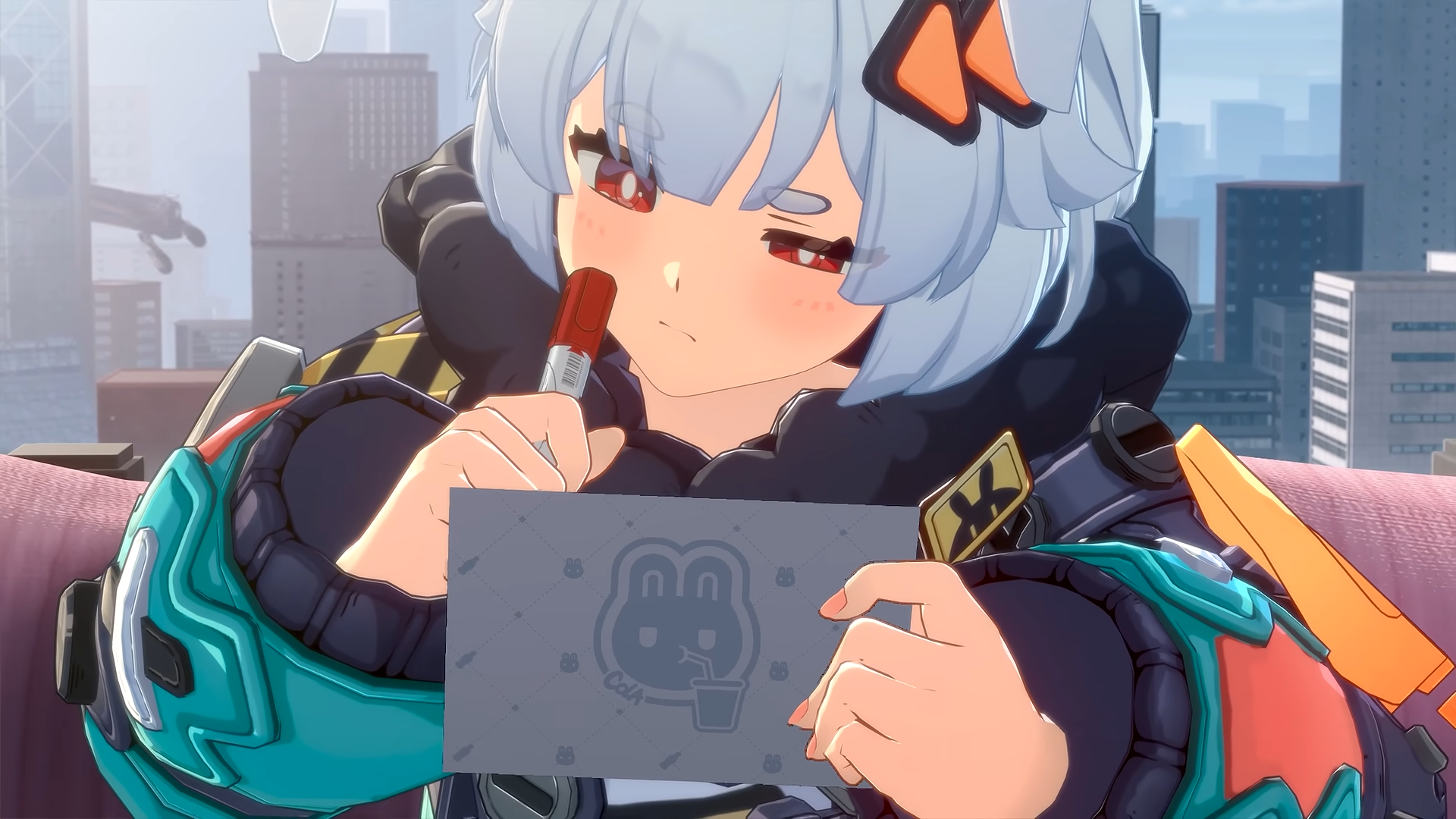
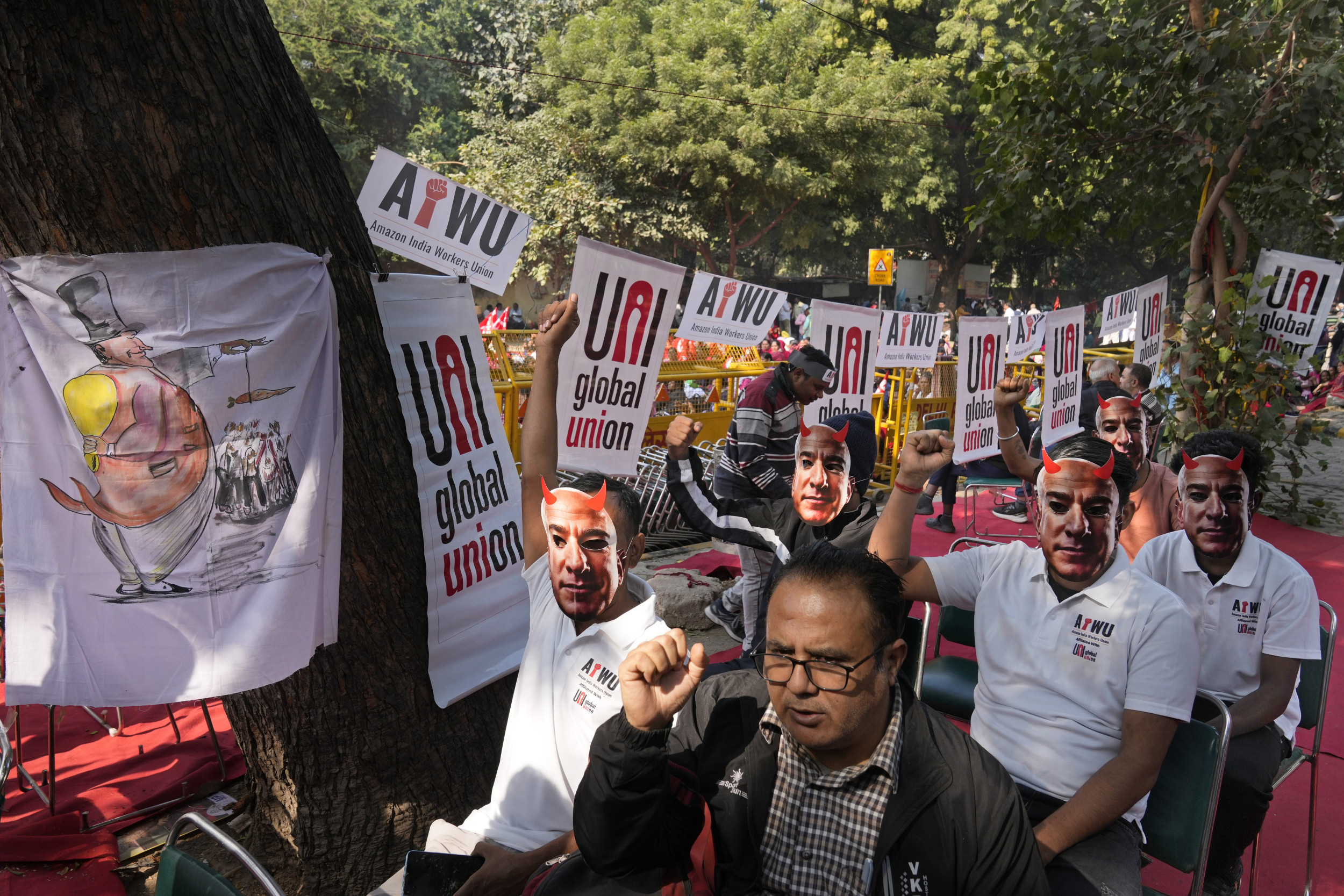




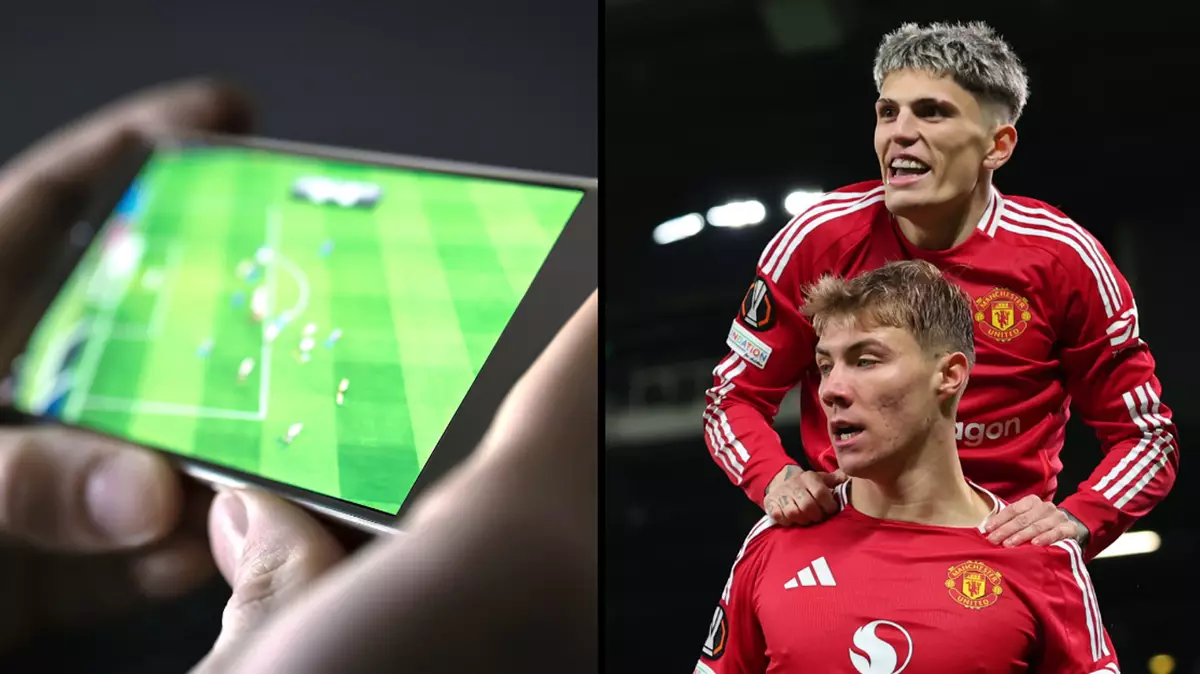
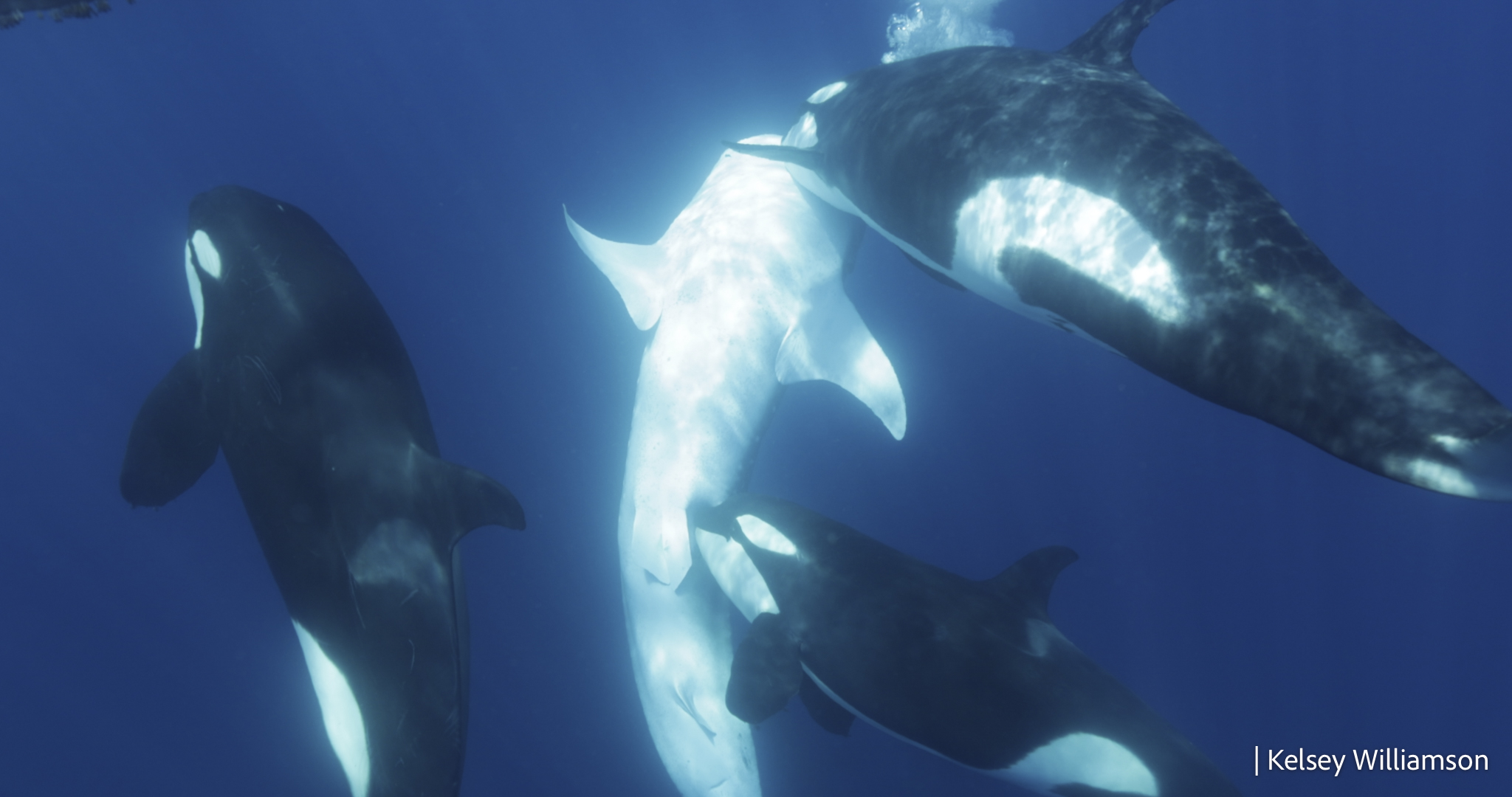
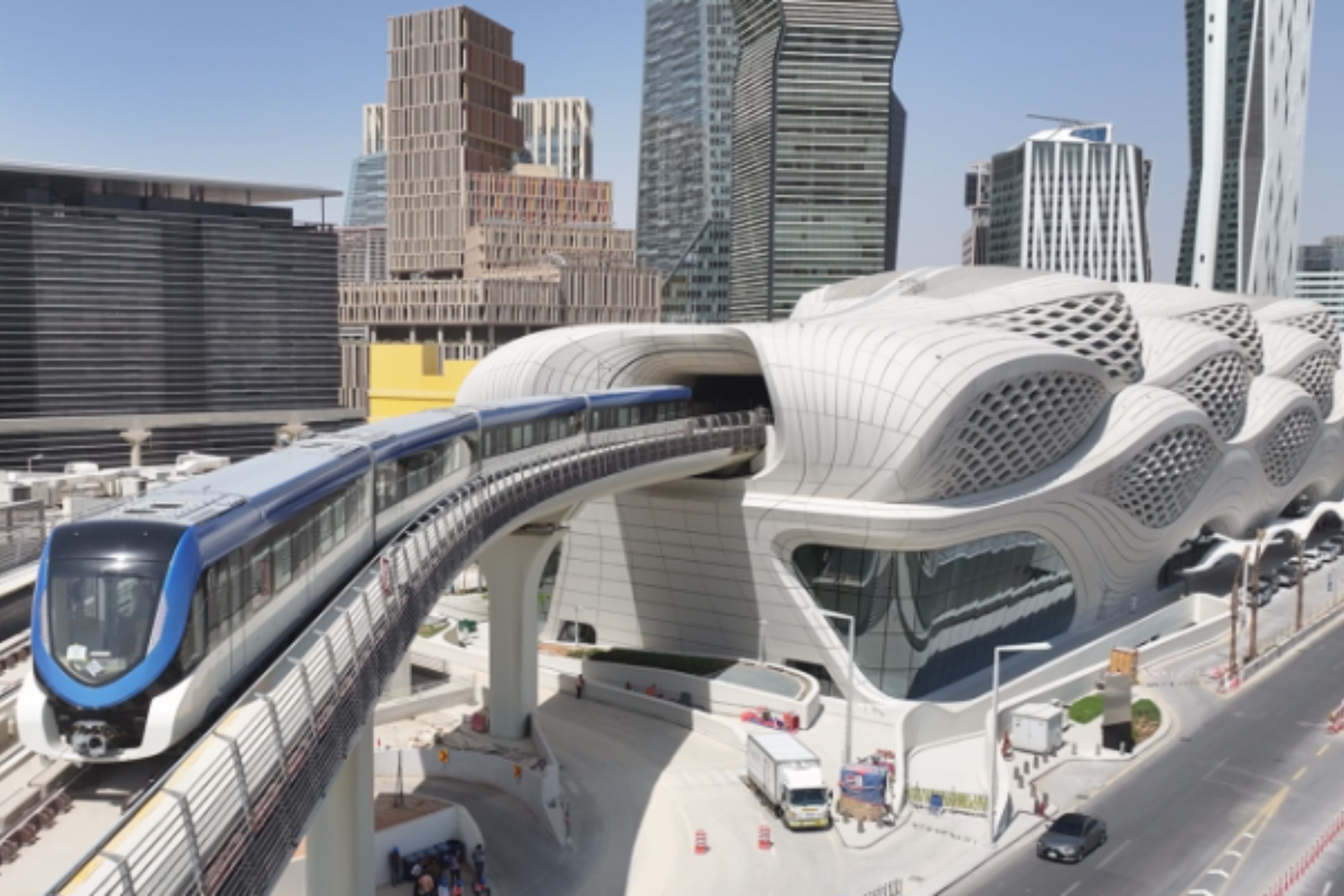







 English (US) ·
English (US) ·